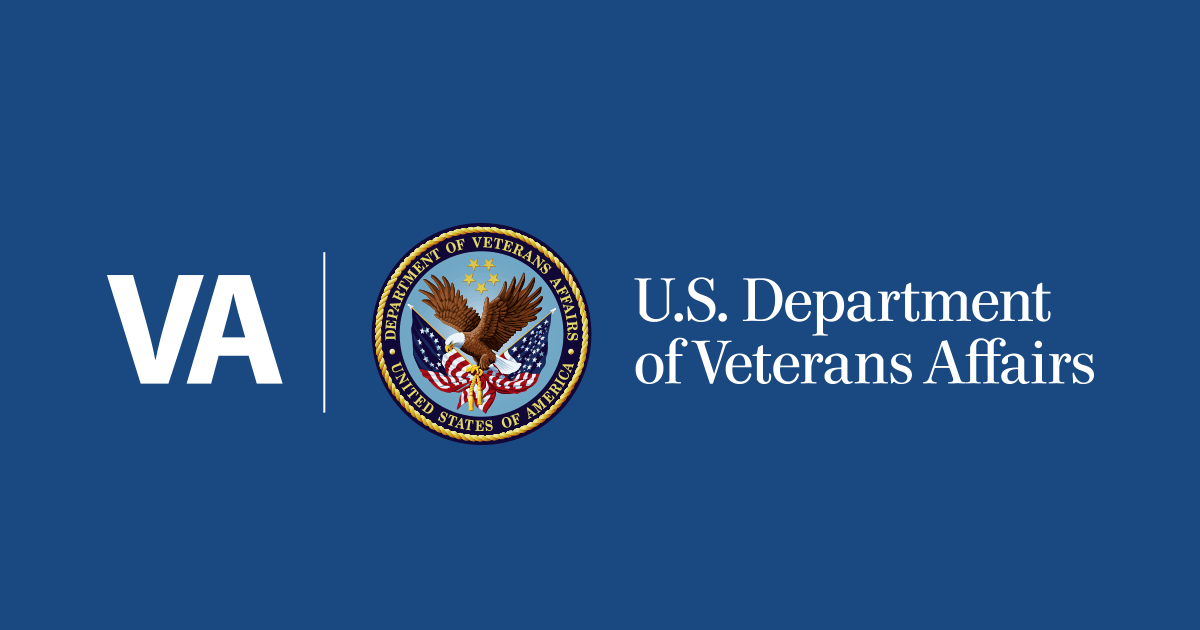We found the ROTC connection at Princeton incredibly helpful. He offered to help my son through the admissions process. Princeton is spectacular, but the room and board still would have made it difficult for us even with the scholarship as a single parent household. Nothing negative to say about this Ivy. With a desire for graduate school down the road, the debt load for my son was a concern. Reach out…we were very impressed with Princeton.
Just a note about “graduate school down the road,” there are many threads about funded graduate degrees for active duty and veterans, with a little searching. If the internal search function doesn’t pop them right up, use an external Google search string with “site:www.serviceacademyforums.com” embedded in your string.
As a general statement, there are many ways to obtain advanced degree(s) on the military dime and/or time.
- There is full-time duty status attendance at a military graduate school (Naval Postgraduate School, Air Force Institute of Technology, Army War College, and many more) or at a civilian graduate school. Among my Navy friends and USNA sponsor family alumni, this has included MIT, Stanford, Georgetown, Duke, Berkeley, Penn, Cal Poly, and many others.
- There is Tuition Assistance to pay for after-hours or remote grad school programs, which picks up most of the cost.
Any degree program using the military’s dime or time does require additional obligated service, but often it is allowed to be “paid out” concurrently with other service obligation incurred.
Once separated or retired from the military, the generous Post-9/11 GI Bill is a superb way to be a full-time or remote or after-hours graduate student after leaving the military. Certificate programs too. Most universities have a full-time veteran education benefits specialist in Admissions or the Bursar’s office. The VA covers tuition at state schools. The Yellow Ribbon program is a program whereby private universities cover the difference with scholarships. I donate money annually to my own undergrad private university’s Yellow Ribbon Fund; it covers 100% of the differential. That’s how one of our USNA sponsor family alumni attended Stanford B school after he completed his Navy service; another went to Georgetown and is now with DOS Foreign Service. Another used Tuition Assistance while on active duty (Navy helo pilot) to do a remote program with one of her home state Colorado universities to get an appropriate degree that set her up to join the National Park Service after separation. I used the full-time Naval Postgraduate school for 1 Master’s, Tuition Assistance for the other, GI Bill for grad certificates. Law school, med school, vet school, others - they are all covered.
The Post-9/11 GI Bill (PGIB), or Chapter 33, helps you pay for school or cover expenses while you’re training for a job. If you’ve served on active duty after September 10, 2001, you may qualify for the Post-9/11 GI Bill. Find out if you can get this education benefit.

www.va.gov
Financial Aid Office at Stanford University--one of the world's leading research and teaching institutions. It is located in Palo Alto, California.

financialaid.stanford.edu
There should be no reason to incur grad school loan debt, if the military and veteran education benefits are used smartly.

